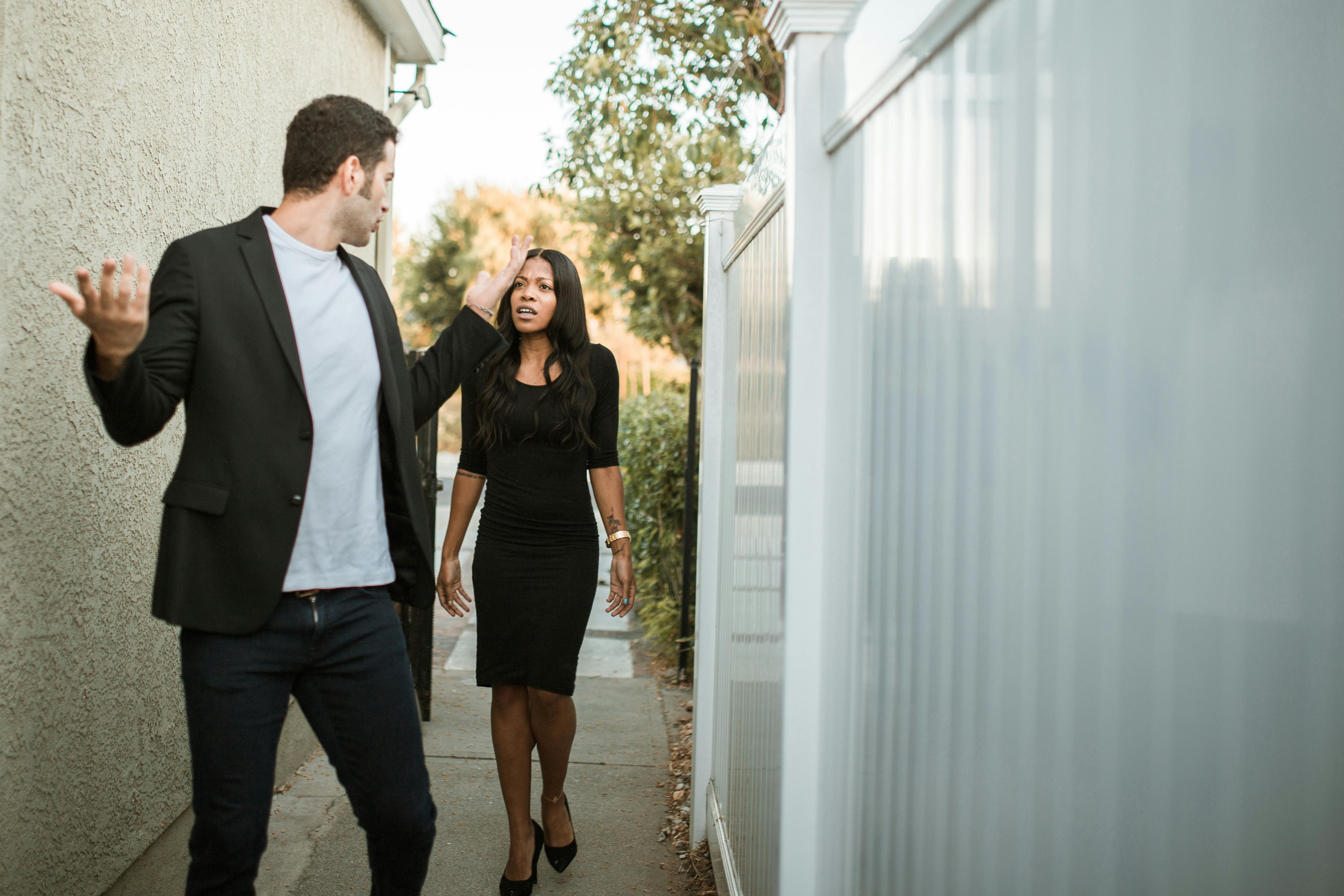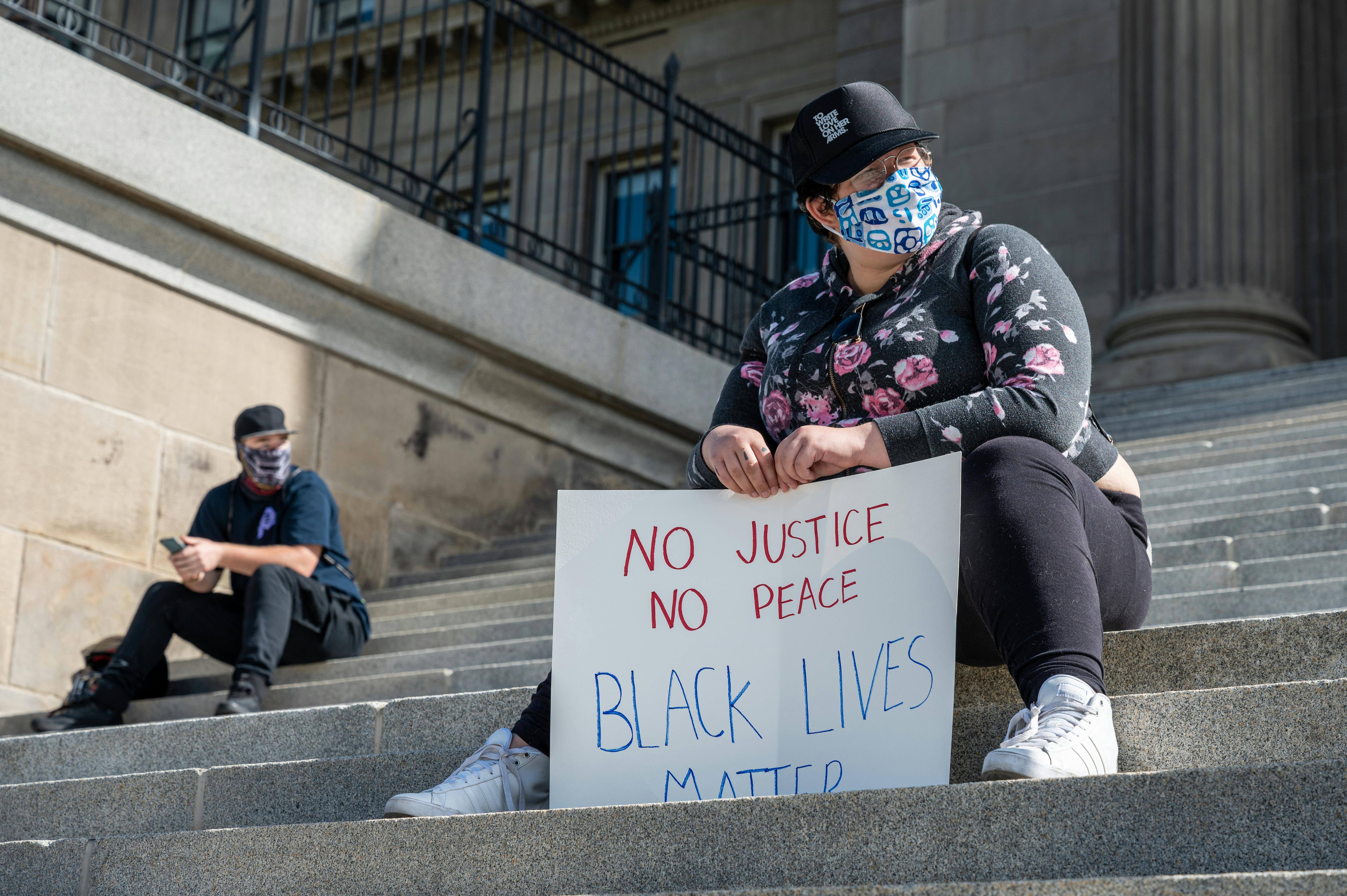The first blow in Nigeria is not news to the Nigerian citizen. Planned by a group of army officers, it was a revolutionary coup carried out with the sole objective of curbing corruption in the country. The coup was originally planned by officials who were completely dissatisfied with government procedures. These military officers include; Kaduna Nzeogwu, Emmanuel Ifeajuna, Adewale Ademoyega, Donatus Okafor, and Major Anuforo. Unfortunately, the betrayal began in the H-hour, and the revolutionary coup was hijacked by his high-ranking colleagues, causing the original coup to fail.
Social procedures during the first republic were nothing to write home about. The first republic was characterized by corruption, nepotism, tribalism, greed, etc. The atmosphere was quite chaotic. It was necessary to do something that defies all principles to avoid the implosion of the country. The country needed a serious cleanup. Therefore, at that moment, a radical revolution seems the only plausible solution. It was for this reason that the first coup in Nigeria was organized on January 15, 1966.
Simultaneously, during the first republic, Major Kaduna Nzeogwu, Emmanuel Ifeajuna, and Adewale Ademoyega (who was a new recruit), met in the Queen’s Own Nigerian Regiment (QONR), as the Nigerian Army was called in 1963. However, the Lieutenant Ifeajuna had entered the black book of Uche Chukwumerije (a new recruit in the army). They both met in their college days at the University. According to Uche, in his school days, Ifeajuna left his group at H-hour during a planned protest. Unfortunately, this same attitude of Ifeajuna will eventually become apparent, at a critical turning point in Nigerian history.
At this juncture, this article will attach the greatest importance to the presentation of the three main coup plotters. To begin with, Major Patrick Chukwuma Kaduna Nzeogwu was a Sandhurst-trained military officer who eventually became the first Nigerian to receive military intelligence training. Lieutenant Emmanuel Ifeajuna was a science graduate from the University of Ibadan (UI), and also a gold medal winner at the Commonwealth Games in Canada, 1954. On the other hand, Lieutenant Adewale Ademoyega was also a trained officer in Sandhurst, and finally enlisted in the Army in 1961.
Knowing of each other’s existence, the trio gradually began planning a revolutionary coup that will purge Nigeria of all social ills. The trio decided to recruit other officers including; Donatus Okafor, Lieutenant Adekunle Fajuyi, Major Anuforo, Captain Olusegun Obasanjo, Christian Madiebo, and a rank of other officers. Nzeogwu and some other officers were destined to take charge of the northern part of Nigeria. On the other hand, Ifeajuna, Ademoyega, Okafor and others were destined to take the South. His goal in the coup was to arrest all political leaders, but if any resist arrest, he must be shot at will. Unfortunately, Obasanjo was not available for the coup due to a military course in India. To be slow about this, he, Obasanjo, pledged his loyalty and support to the coup.
The trio had already planned to form a new government, if the coup was successful. They also planned to eradicate the Regional system, and divide the country into fourteen states. In fact, they had already talked to loyal officers who would become Military Governors. In addition, they had the plan to adopt a socialist form of government and collective ownership of goods and services. The education sector was not left out either. The trio voiced their grievances towards the education system in Nigeria. According to them, “the education system in Nigeria was a futile enterprise that turned everyone into consumers of foreign products and zombies of today’s technology.” It’s really quite embarrassing that a university professor of Mechanical Engineering can’t fix his own car. All this and more shaped the form of social proceedings that the coup plotters had planned. Unfortunately, this plan did not see the light of day.
While Major Nzeogwu recorded great success in taking over the north due to proper preparation such as; “Exercise Damissa”, there were still complications in the south. Major Donatus Okafor, who had the job of arresting the General Officer Commanding (GOC) of the Army, General JT Aguiyi Ironsi, had failed. General Ironsi had escaped him and began to summon other troops to mount a defense. At this point, Elders Ifeajuna and Okafor fled, leaving only Elders Ademoyega and Anufolo in the South. It was at this point that Ifeajuna’s cowardly character became apparent, hinted at by his schoolmate Uche Chukwumerije. Eventually both Ademoyega and Anuforo returned to Nzeogwu in the north, with the south falling fully under General Ironsi’s control. Here, the coup gradually began to fail.
The coup could still be redeemed under Major Nzeogwu, who was already planning an attack on Ironsi in the south. In fact, he had even made a public broadcast to La Nación; “…Our enemies are the political speculators, the swindlers, the high and low men who seek bribes and demand ten percent; those who seek to keep the Country divided permanently, so that they can remain in office as ministers or personalities in at least…” But that plan was shattered when Christian Madiebo, a close friend of Nzeogwu’s, advised him to abandon the plan and to surrender to Ironsi in the south. He was unaware that his close friend, Madiebo, was merely General Ironsi’s spokesman and had been in secret contact with him. Ultimately, Nzeogwu bowed to the forces of treachery and surrendered to Ironsi. Moments later, Nzeogwu was arrested.It was at this point that the revolutionary coup, bent on revitalizing Nigerian society, drew its last breath.
On a final note, it is very clear that while Nzeogwu defended the pride of the revolution to the last, the other coup planners cooled off in the H-Hour of the coup. The other officers were simply cowards who did not foresee the need for a military revolution in a battered society. Like Dr. Fidel Castro’s revolution in Cuba, the trio’s revolutionary coup would have cleansed the country completely. But the forces of treachery prevailed, causing the revolution to fail. Commander Nzeogwu was right when he said: “we were five and at the beginning we knew very well what we had to do… he (Ifeajuna) and the others let us down.” Thus, the revolutionary coup of January 15, 1966 failed for one reason only; treason.


